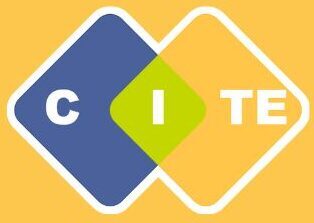There are four ways to explore the framework
Browse by Teacher Learning Component
| Teacher Learning Component | Relevant Courses |
LearnersLearning theory, including social, emotional, and academic dimensions; and application of learning theory |
|
Creation and development of positive learning and work environmentsUnderstanding and engaging diverse local school and cultural communities |
|
Equity and culturally responsive practiceIncluding intersectionality of race, ethnicity, class, gender identity and expression, sexual identity, and the impact of language acquisition and literacy development on learning, teaching strategies, materials, technology used. | All courses / content areas, especially
|
ContentPedagogical, and/or professional knowledge relevant to the discipline credential or degree sought |
|
Instructional Practices and Assessment of and for student learningUse of data to inform planning, teaching strategies, materials, technology used. |
|
Dispositions and behaviors required for successful professional practice |
|
Browse by Computing / Digital Literacies Practices
Click on the below to browse examples according to the computing / digital literacies practices they involve
Computational Thinking Creating equitable computing cultures Data practices design toolkit Digital citizenship digital civics and activism Digitally-supported communication and participation Digitally-supported reflection digital storytelling Modeling and simulation Navigating digital information and media Selecting and using tools with a critical eye Understanding and building on learners' digital lives
Browse at-a-glance
Visualize all of the computing integration ideas on this padlet.


